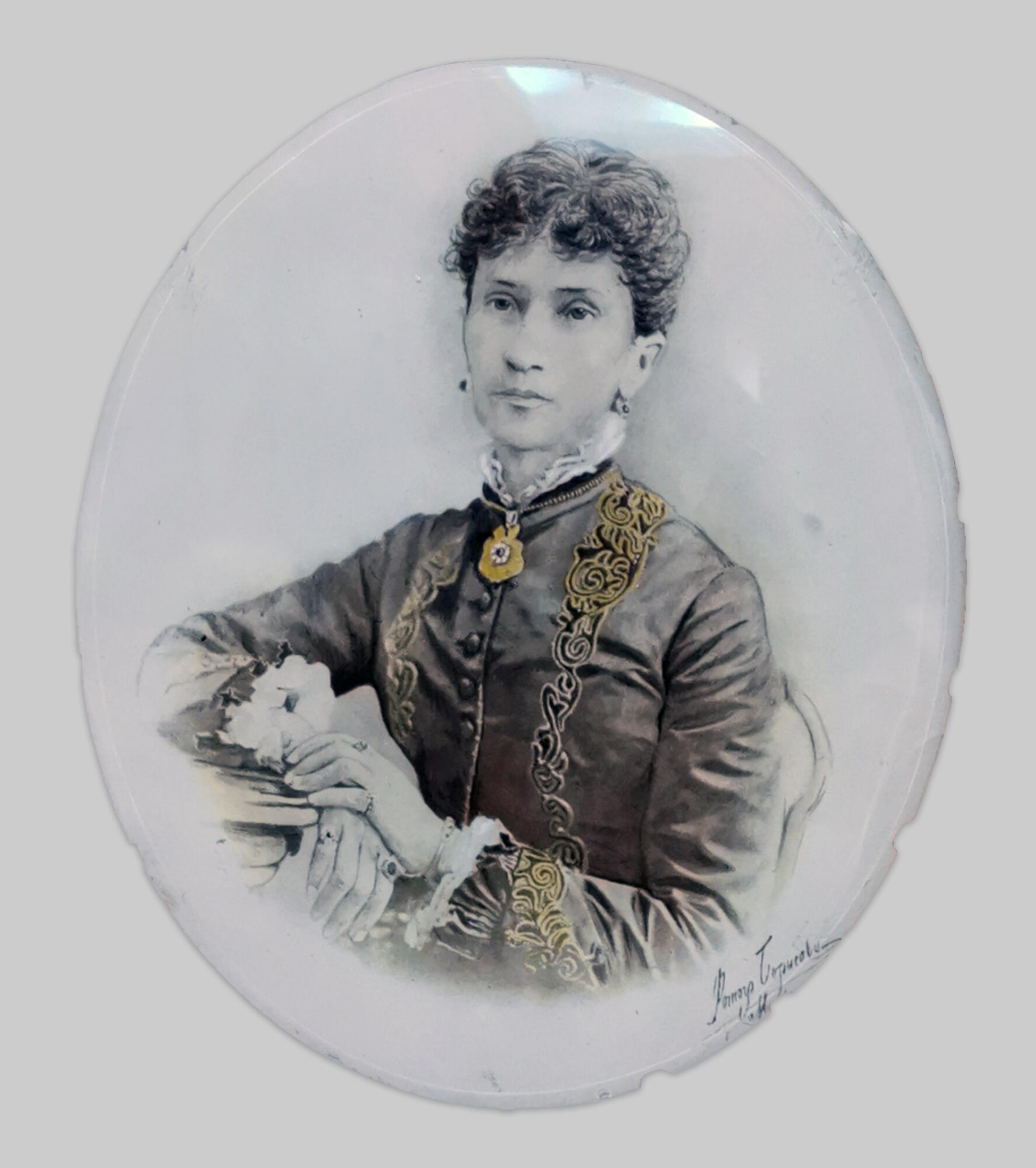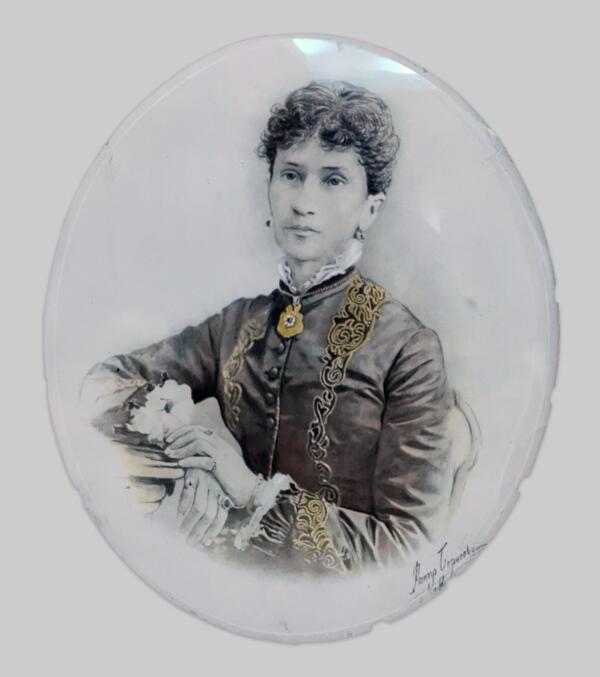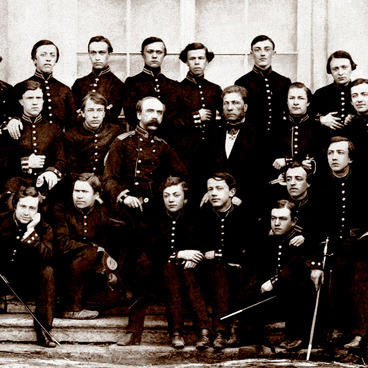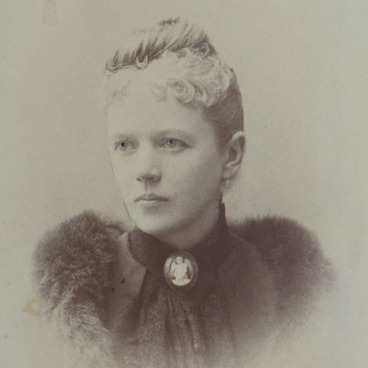Nadezhda von Meck, née Frolovskaya, was a famous Moscow patroness of arts and the widow of the railroad magnate Karl von Meck. After her husband’s death, she lived in solitude, and her main consolation and pleasure was music. At one point, the young Claude Debussy, who later became an outstanding composer, played in her home orchestra.
At the time when von Meck took an interest in Pyotr Tchaikovsky’s music, violinist Iosif Kotek, a composer’s friend, started working for her. He once told her about Tchaikovsky’s constant financial difficulties, and von Meck decided to help the composer out, but she wanted to do it tactfully, so she commissioned him to transcribe several works for violin and piano.
A business correspondence started between Nadezhda von Meck and Pyotr Tchaikovsky, which quickly turned into friendly letters. After some time, she offered Tchaikovsky financial assistance in the form of monthly subsidies. Soon, thanks to her help, Tchaikovsky was able to leave his job at the conservatory and devote all his time to creative work.
Interestingly enough, Pyotr and Nadezhda never got to meet in person — their communication was limited to letters. Tchaikovsky visited von Mecks' estates more than once, both in Russia and abroad, but always in the absence of the hostess. For 13 years, they were exchanging views on a variety of issues. Those letters became a great source of information about the life and work of Tchaikovsky — he wrote a lot about his creative process, his philosophy, his preferences in music and literature.
The correspondence was interrupted at the initiative of von Meck. Tchaikovsky received a letter in which Nadezhda said she was broke, could no longer help him, and wanted the correspondence to stop. The composer was offended that she thought of their friendship as purely material. He suggested that they continued the communication, but that letter, most likely, did not reach von Meck. She didn’t want to be a burden for the composer — the one to whom he writes only because he has to. A serious illness likely influenced her decision — her right side became paralyzed, and she could no longer write herself.
Tchaikovsky always had warm feelings towards von Meck. For many years, she provided him with not just financial, but moral support. He called her his “best friend” and it was with these words that he dedicated his Symphony No. 4 to von Meck.
At the time when von Meck took an interest in Pyotr Tchaikovsky’s music, violinist Iosif Kotek, a composer’s friend, started working for her. He once told her about Tchaikovsky’s constant financial difficulties, and von Meck decided to help the composer out, but she wanted to do it tactfully, so she commissioned him to transcribe several works for violin and piano.
A business correspondence started between Nadezhda von Meck and Pyotr Tchaikovsky, which quickly turned into friendly letters. After some time, she offered Tchaikovsky financial assistance in the form of monthly subsidies. Soon, thanks to her help, Tchaikovsky was able to leave his job at the conservatory and devote all his time to creative work.
Interestingly enough, Pyotr and Nadezhda never got to meet in person — their communication was limited to letters. Tchaikovsky visited von Mecks' estates more than once, both in Russia and abroad, but always in the absence of the hostess. For 13 years, they were exchanging views on a variety of issues. Those letters became a great source of information about the life and work of Tchaikovsky — he wrote a lot about his creative process, his philosophy, his preferences in music and literature.
The correspondence was interrupted at the initiative of von Meck. Tchaikovsky received a letter in which Nadezhda said she was broke, could no longer help him, and wanted the correspondence to stop. The composer was offended that she thought of their friendship as purely material. He suggested that they continued the communication, but that letter, most likely, did not reach von Meck. She didn’t want to be a burden for the composer — the one to whom he writes only because he has to. A serious illness likely influenced her decision — her right side became paralyzed, and she could no longer write herself.
Tchaikovsky always had warm feelings towards von Meck. For many years, she provided him with not just financial, but moral support. He called her his “best friend” and it was with these words that he dedicated his Symphony No. 4 to von Meck.



